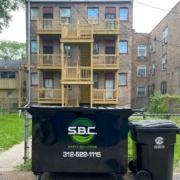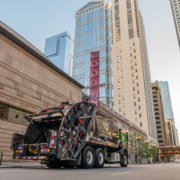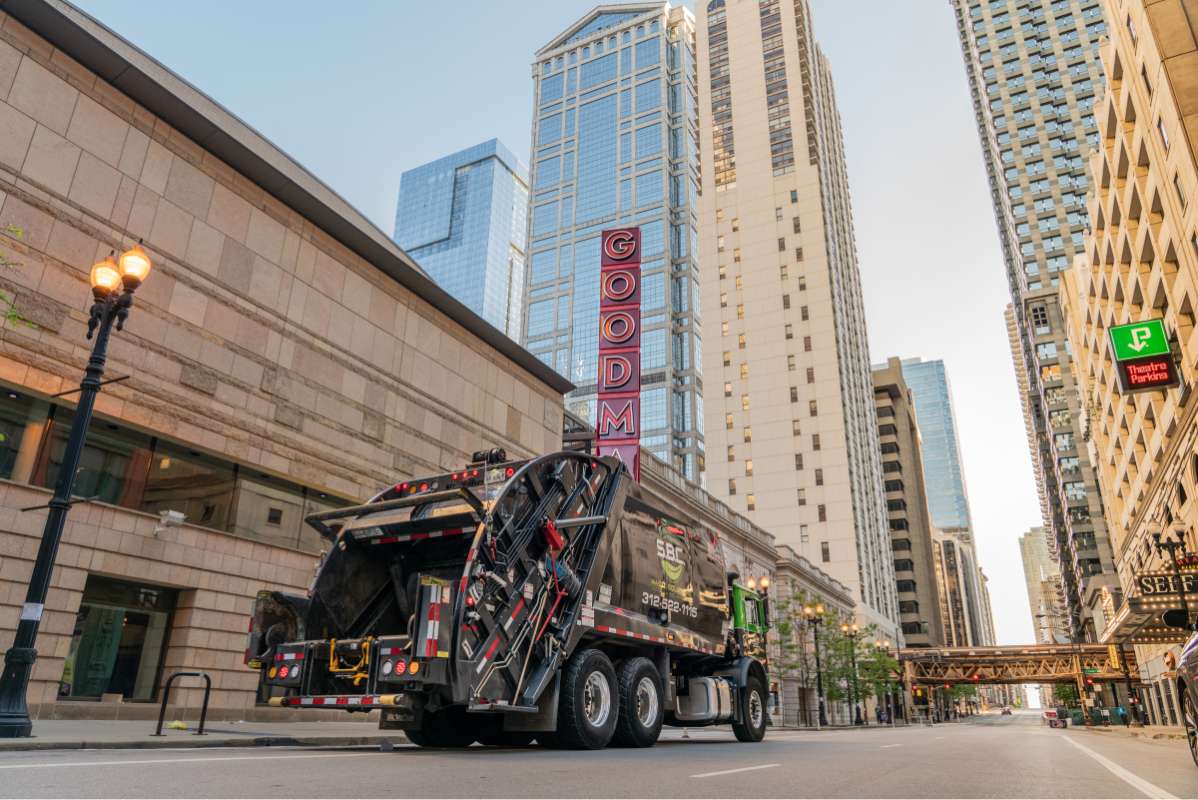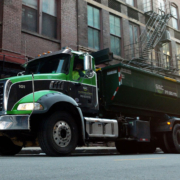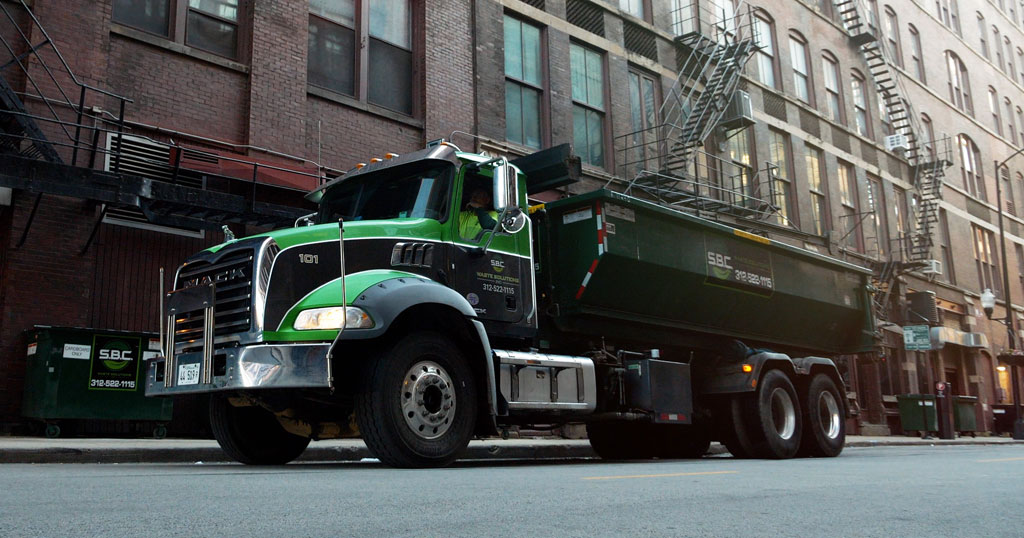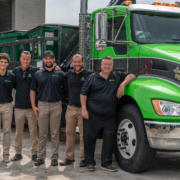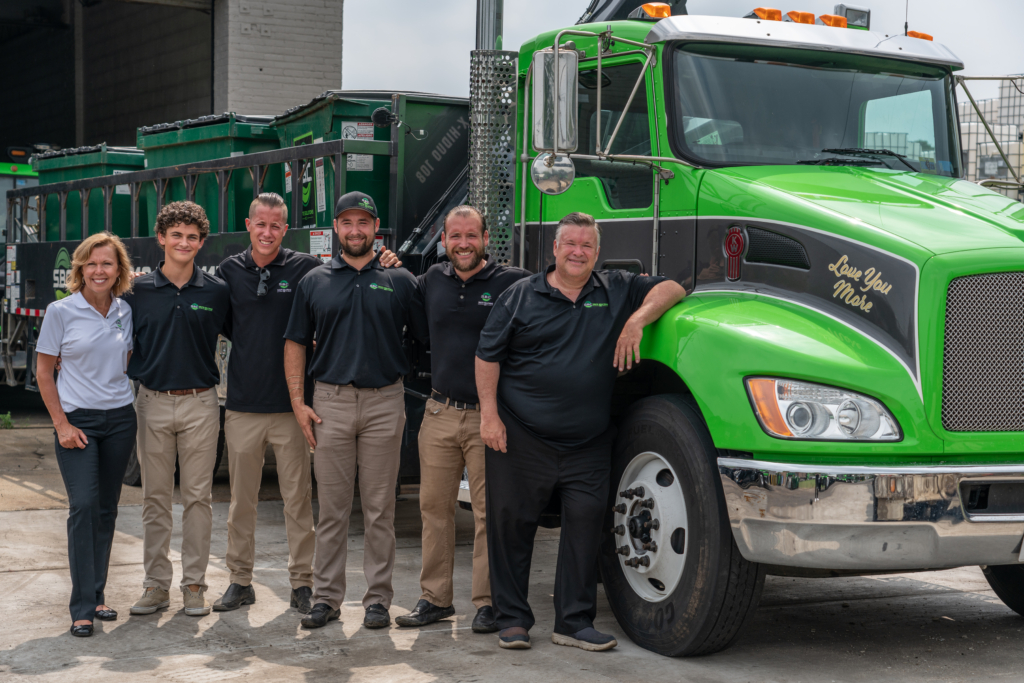Residential Waste Management
Residential Waste Management: Tips for Efficient and Responsible Disposal
Every day, homeowners like you and me generate significant amounts of waste, often leading to unsightly piles that can clutter our living spaces. But what if we could transform that trash into treasure by embracing efficient and responsible disposal practices? Adopting mindful waste management not only helps maintain the cleanliness and aesthetics of our homes but also plays a vital role in ensuring the well-being of our community and the health of our planet.
When we think about waste management, it’s essential to recognize the impact our habits have on the environment. By reducing, reusing, and recycling, we can significantly lessen the burden on landfills, decrease pollution, and conserve valuable resources. Moreover, engaging in responsible disposal practices fosters a sense of community responsibility, encouraging neighbors to join in the effort towards a cleaner, greener environment.
Today, we’re going to delve into practical tips for effective residential waste management that anyone can implement, such as composting organic waste, properly sorting recyclables, and minimizing single-use items. Additionally, we will highlight how SBC Waste Solution Services can assist you in making a meaningful difference in your waste management journey, providing tailored solutions that align with your lifestyle and values. Together, we can turn our waste challenges into opportunities for positive change.
The Importance of Responsible Waste Management
Improper waste disposal can have dire environmental consequences. When waste is not managed responsibly, it can pollute our air, water, and land. This pollution affects not only the natural ecosystem but also our health. For instance, landfills produce methane—a greenhouse gas that is 25 times more potent than carbon dioxide—increasing the risk of climate change. To combat these issues effectively, homeowners must recognize the importance of responsible waste management.
Responsible waste management involves making informed choices about how we handle our waste. It is about understanding the impact of our waste on the planet and taking action to minimize this impact. By managing waste responsibly, individuals not only contribute to the health of the environment but also enjoy a cleaner and healthier living space. Additionally, community-wide efforts in waste management can lead to a more sustainable future for everyone.
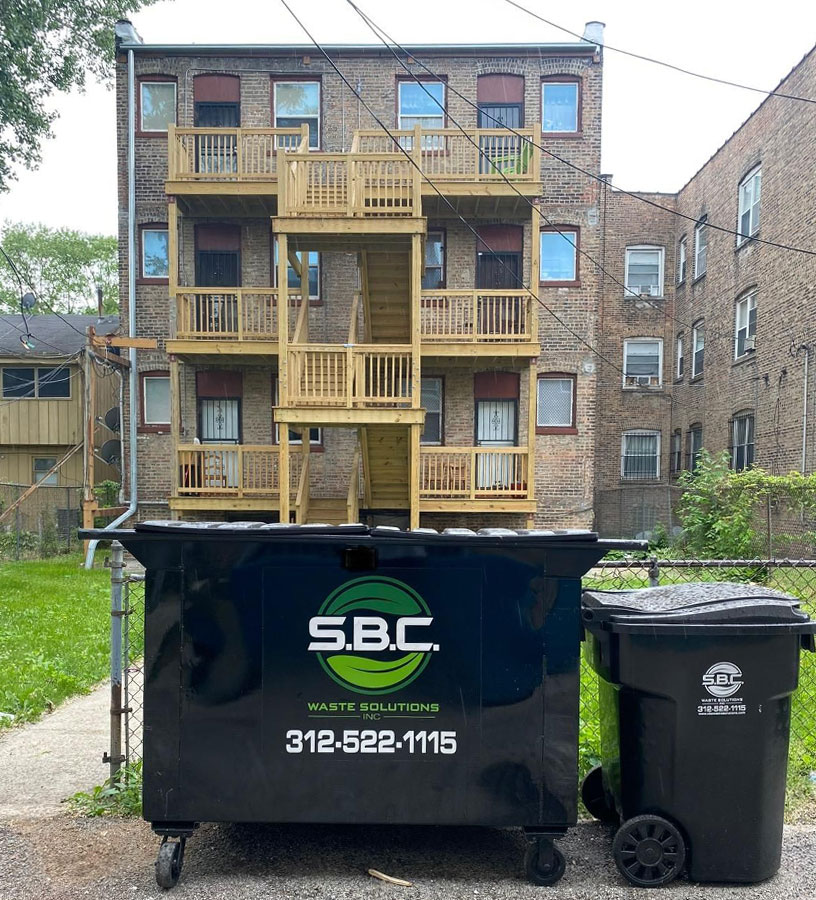
Residential Waste Management
Know Your Local Waste Management Rules
Every community has its own set of waste management rules designed to keep neighborhoods clean and safe. Familiarizing yourself with these local regulations is crucial. They provide guidelines on how to dispose of different types of waste, including recyclables, organic waste, and hazardous materials. Ignorance of these rules can result in fines or penalties, which can be easily avoided by staying informed.
Understanding your local waste management rules ensures that you are disposing of your waste correctly. This knowledge helps prevent environmental degradation caused by improper waste disposal methods. For instance, many localities have designated days for the collection of bulky items or hazardous waste, ensuring that these items are handled appropriately. By adhering to these rules, you play a part in maintaining the cleanliness and safety of your community.
Communities often provide resources, such as brochures or websites, that outline waste management protocols. Make it a habit to check these resources regularly for updates to rules or schedules. Engaging with your local waste management services can also provide additional clarity and support, ensuring that you remain compliant and contribute positively to your community’s waste management efforts.
Reduce, Reuse, Recycle
The mantra ‘Reduce, Reuse, Recycle’ offers a simple yet powerful approach to waste management. Reducing waste starts with mindful consumption, such as buying in bulk to cut down on packaging waste or choosing products with minimal or no packaging. By being conscious of what we purchase, we can significantly decrease the amount of waste we produce.
Reusing items extends their lifespan and keeps them out of landfills. Simple actions like using reusable bags, bottles, and containers can prevent the accumulation of single-use plastics. When items are no longer fit for their original purpose, consider repurposing them. For example, glass jars can become storage containers, and old clothes can be transformed into cleaning rags.
Recycling plays a crucial role in managing waste sustainably. By segregating recyclable materials like paper, glass, and certain plastics, we ensure that these materials are reprocessed and reused, reducing the need for new resources. Educating yourself and your family about which materials are recyclable is vital. Some communities offer curbside waste recycling programs, while others have drop-off centers. Participate actively in these programs to contribute to a healthier environment.
Proper Disposal of Hazardous Waste
Handling hazardous waste requires extra caution due to its potential to harm humans and the environment. Items such as batteries, chemicals, and electronic waste must be disposed of following specific guidelines. Improper disposal can lead to soil and water contamination, posing significant risks to both the environment and public health.
Understanding the dangers of hazardous waste is the first step in ensuring its safe disposal. Many communities offer designated drop-off days or facilities for hazardous waste. SBC Waste Solution Services provides specialized services for disposing of hazardous materials safely and efficiently, ensuring that these items do not end up in landfills where they can cause harm.
Store hazardous waste safely until it can be disposed of properly. Ensure that containers are sealed and labeled clearly to prevent accidental exposure. Educating yourself and family members about the potential risks and proper handling procedures can further safeguard your home and community.
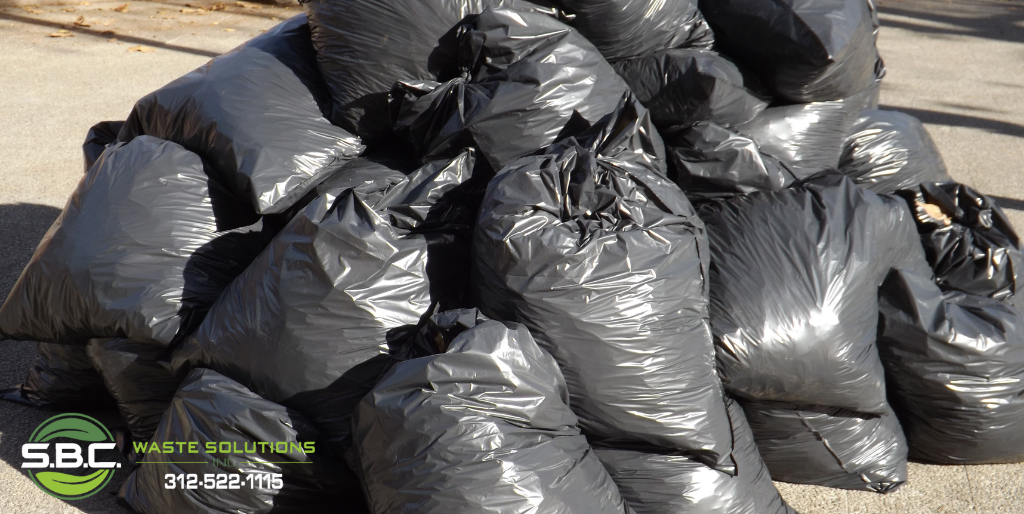
Residential Waste Management Service
Use Composting for Organic Waste
Composting is an excellent method for managing organic waste sustainably. By composting kitchen scraps and yard waste, you can create nutrient-rich soil that benefits your garden. This process not only reduces the amount of waste sent to landfills but also enriches your soil, making it a win-win for both you and the environment.
Composting is straightforward and can be done in small spaces with a compost bin or pile. Simply combine green waste, like fruit and vegetable scraps, with brown waste, such as leaves and twigs, to create compost. Over time, this mixture breaks down into a rich soil amendment that can help your plants thrive.
The benefits of composting extend beyond waste reduction. By returning nutrients to the soil, composting supports healthy plant growth and biodiversity in your garden. Additionally, it reduces the need for chemical fertilizers, promoting a more natural and sustainable gardening practice.
Invest in Proper Waste Bins and Containers
Having the right waste bins and containers in place is essential for effective waste management. Proper bins help you sort waste correctly and keep your living environment clean and organized. Investing in quality bins ensures durability and ease of use, making waste disposal more efficient.
Different types of waste require different containers. Use separate bins for recyclables, compostables, and general waste to facilitate proper sorting. Color-coded bins can help family members easily identify where each type of waste belongs, minimizing confusion and errors in waste separation.
SBC Waste Solution Services offers a variety of waste bins and containers for waste removal to suit your needs. Whether you need bins for a single-family home or a larger community, their options can help streamline your waste management process. Proper containers support effective waste separation, contributing to a cleaner and more sustainable environment.
Educate Your Family and Community
Awareness and education play a critical role in promoting responsible waste management. By sharing knowledge and resources with your family and community, you can encourage collective action and foster a culture of sustainability. Educating others about waste management can lead to broader community efforts and greater environmental impact.
Start by teaching your family about the importance of waste management and the steps they can take to contribute. Simple actions like separating recyclables or starting a compost pile can be effective first steps. Encourage open discussions about sustainability and make it a family goal to reduce waste together.
Consider organizing workshops or seminars in your community to educate others about waste management. These events can offer practical tips and resources to help residents adopt better waste disposal practices. Additionally, sharing tips and information on social media can reach a wider audience, spreading awareness and encouraging more people to take action.
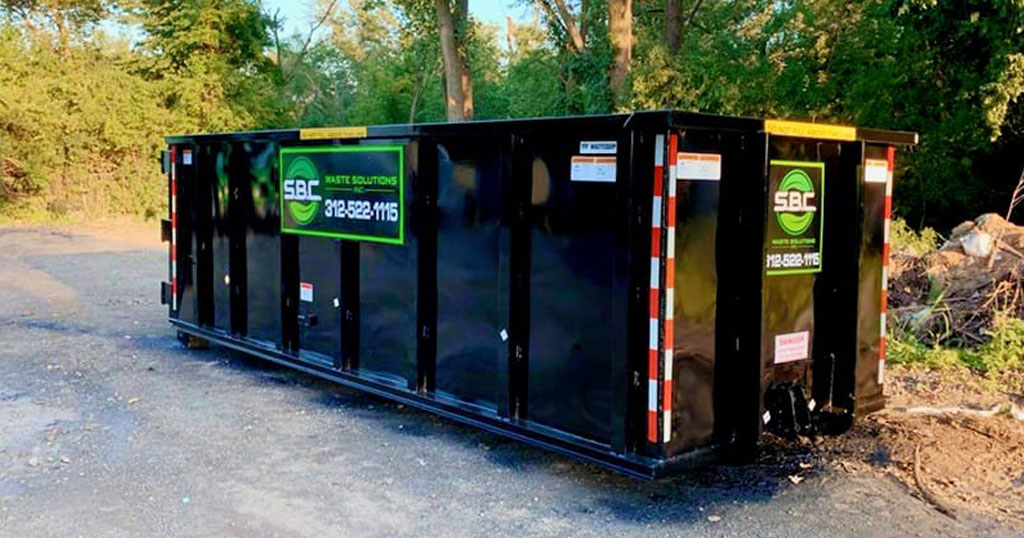
Residential Trash Removal
Creating a Cleaner and Healthier Environment
In conclusion, responsible waste management is vital for creating a cleaner and healthier environment. By understanding the impact of waste on our world and taking steps to manage it responsibly, homeowners can contribute significantly to environmental sustainability. From following local waste rules to adopting the three R’s—reduce, reuse, recycle—every effort counts.
By incorporating proper waste disposal practices and educating others, we can make a positive impact on our communities. Consider using the waste removal services of SBC Waste Solution Services. Their expertise and resources can help you manage your waste efficiently and responsibly.
Together, we can work towards a more sustainable future, where waste is managed effectively, and our environment is preserved for generations to come.
https://www.google.com/maps?cid=4180240075447051620

